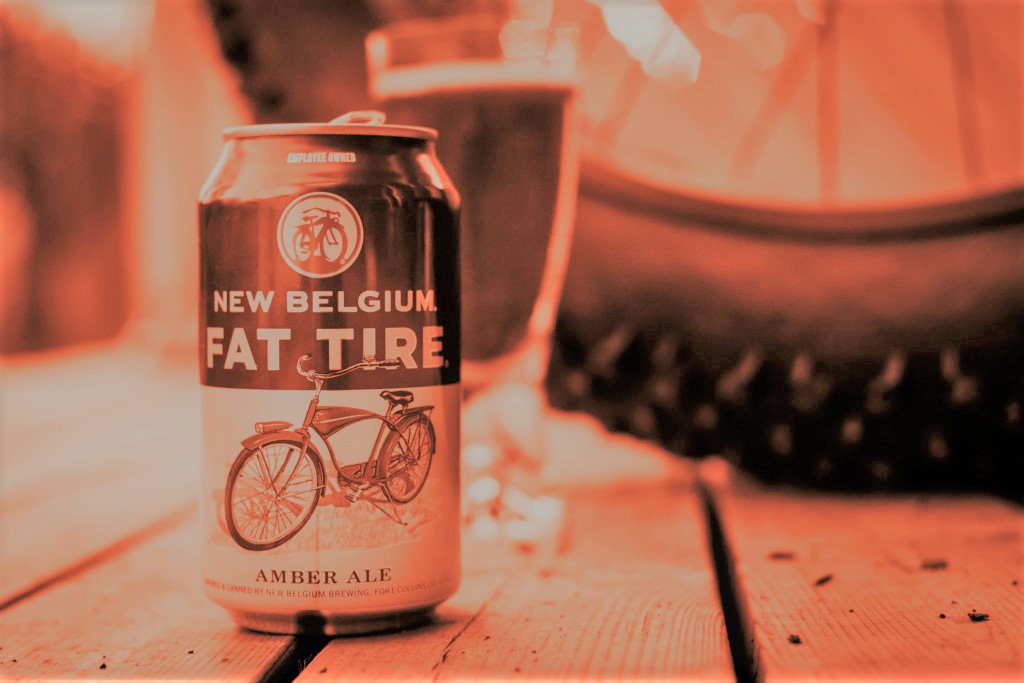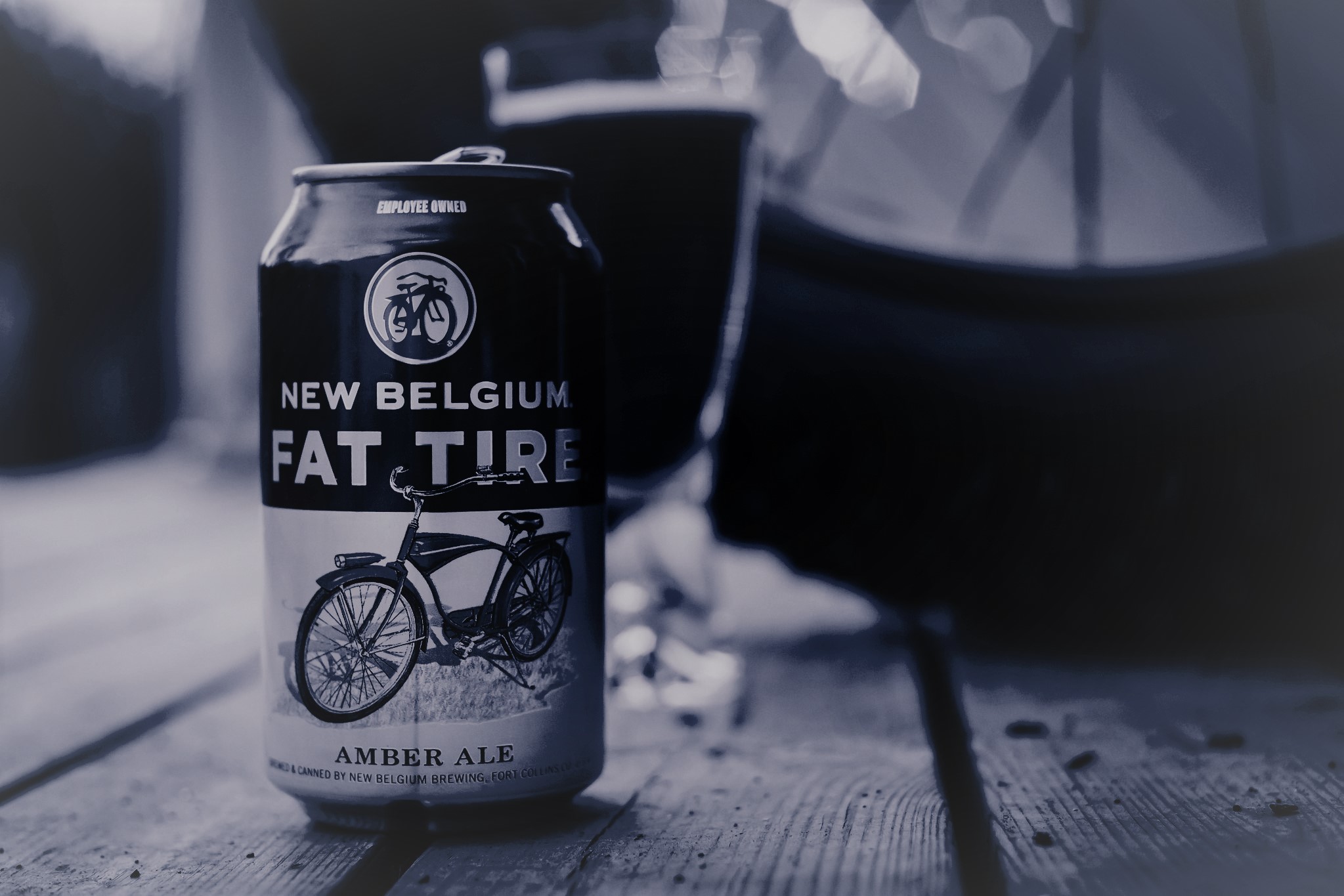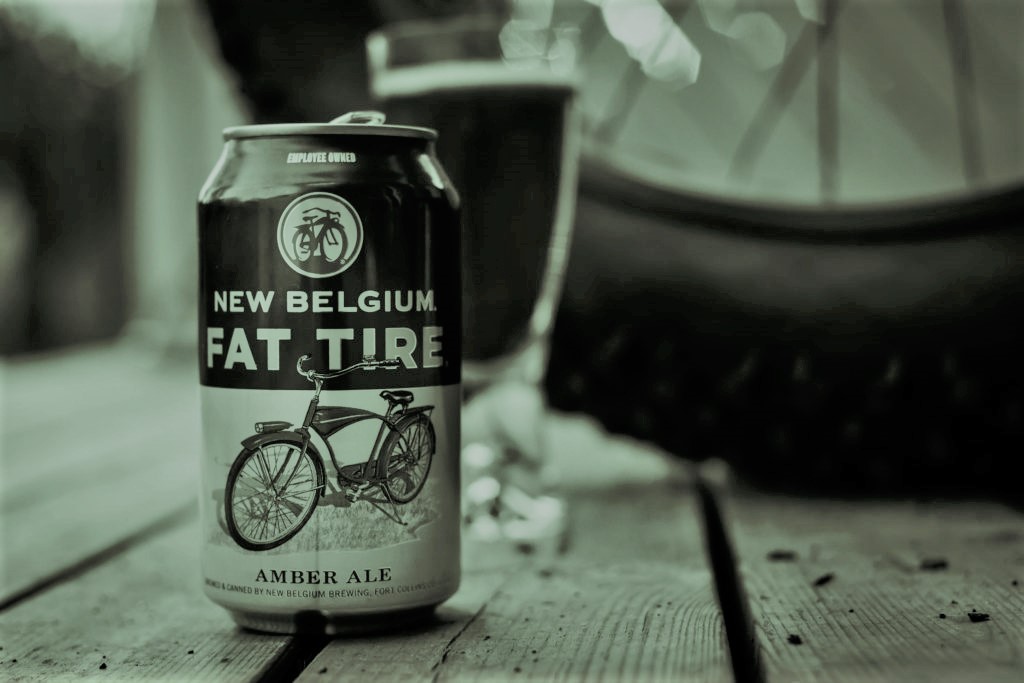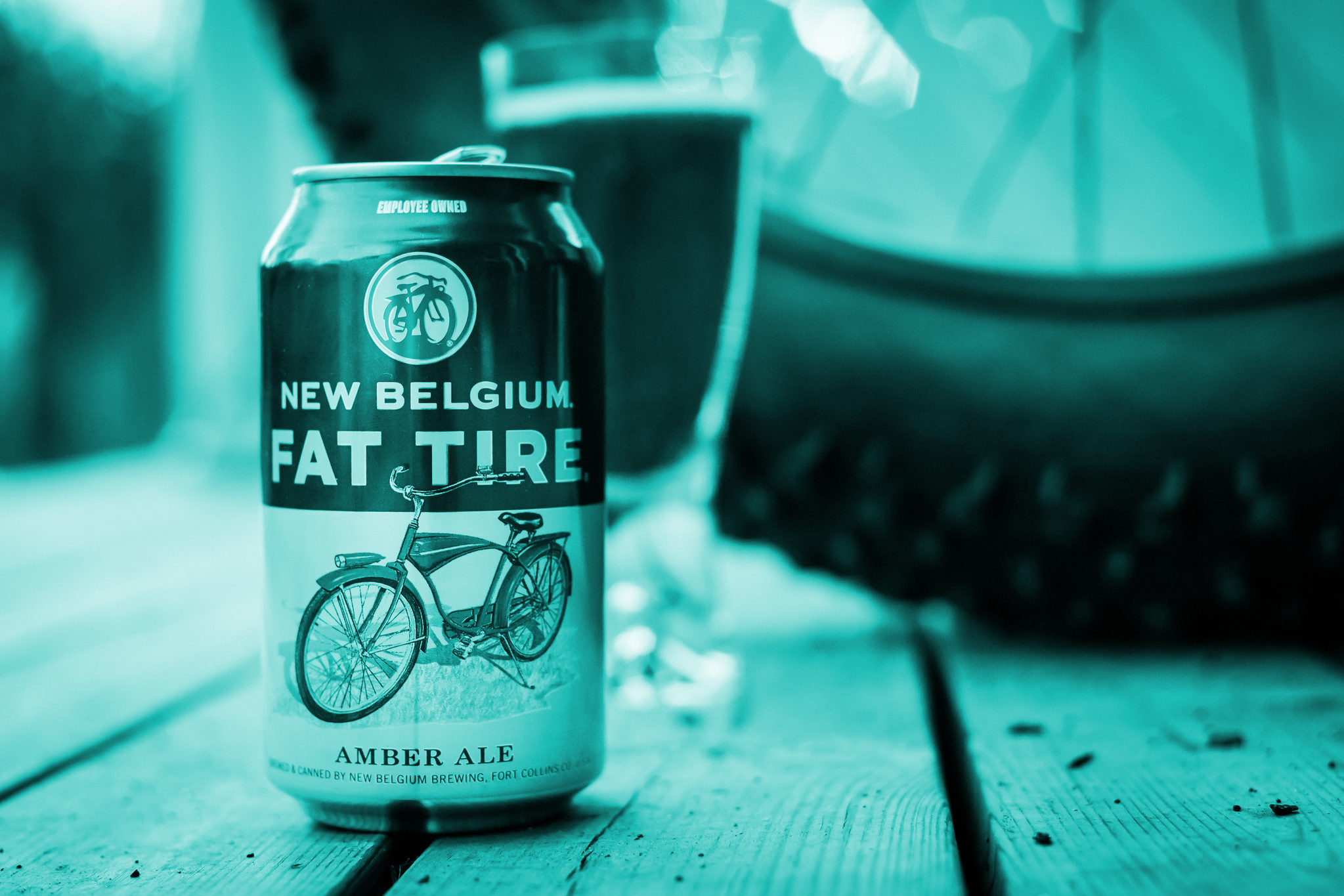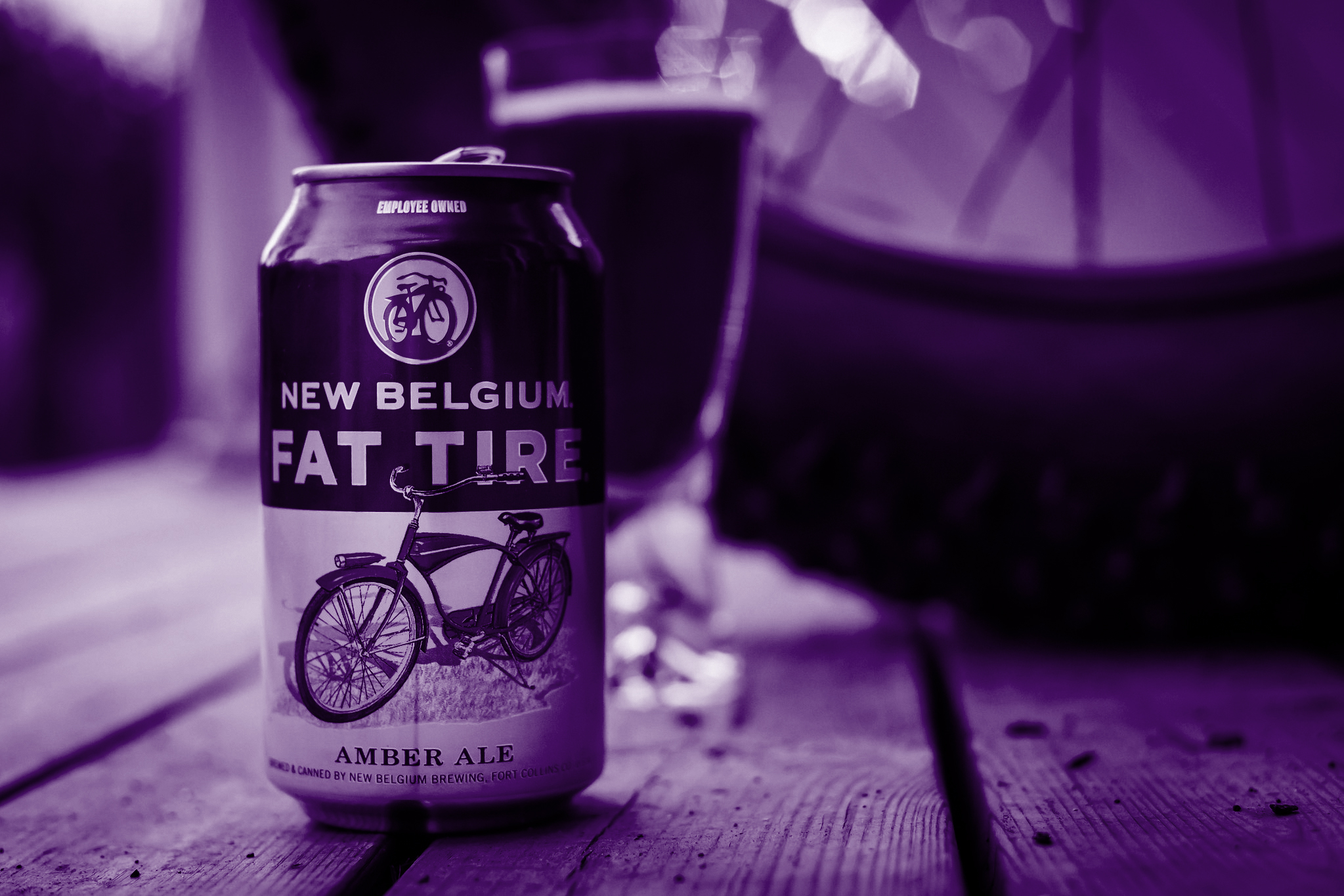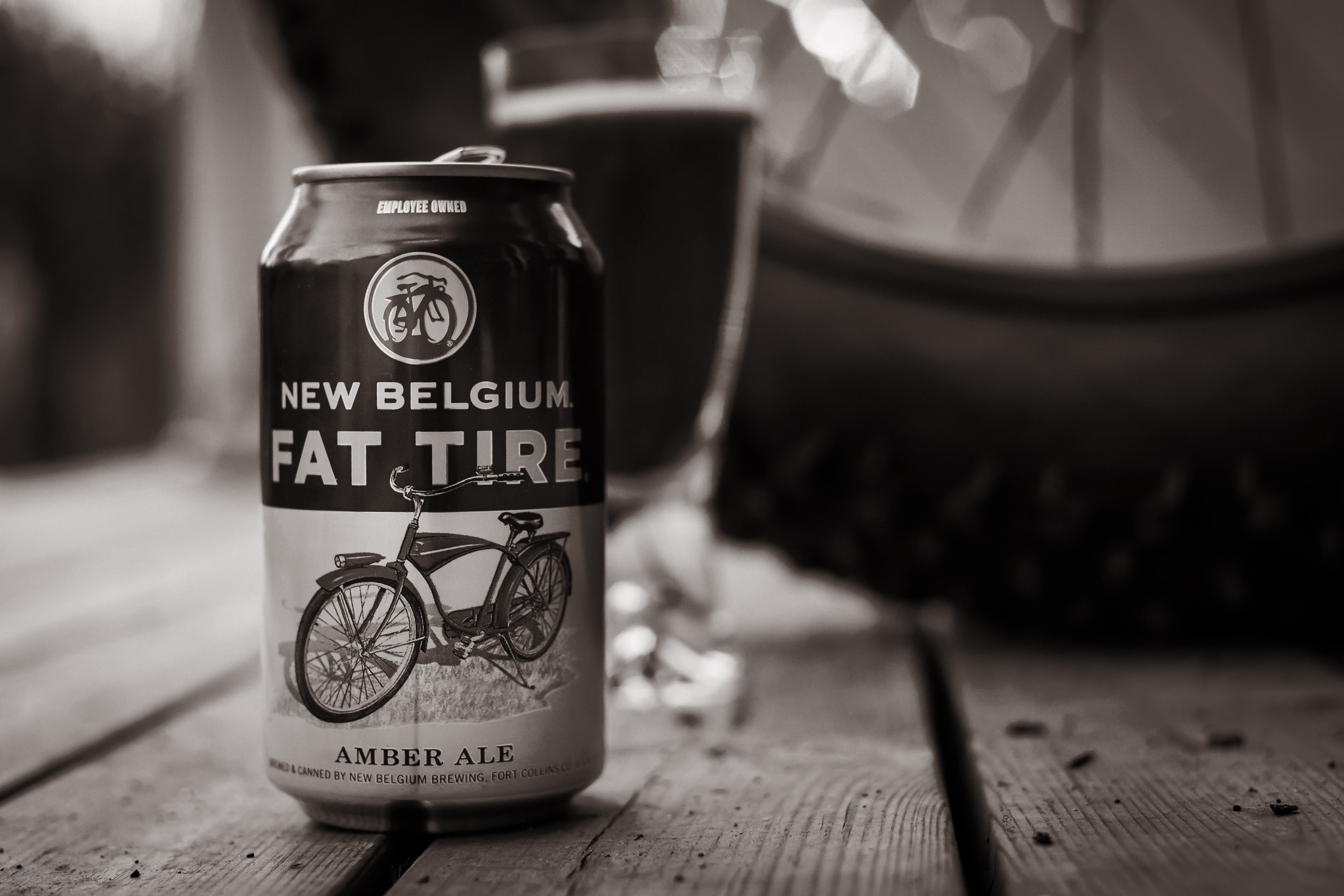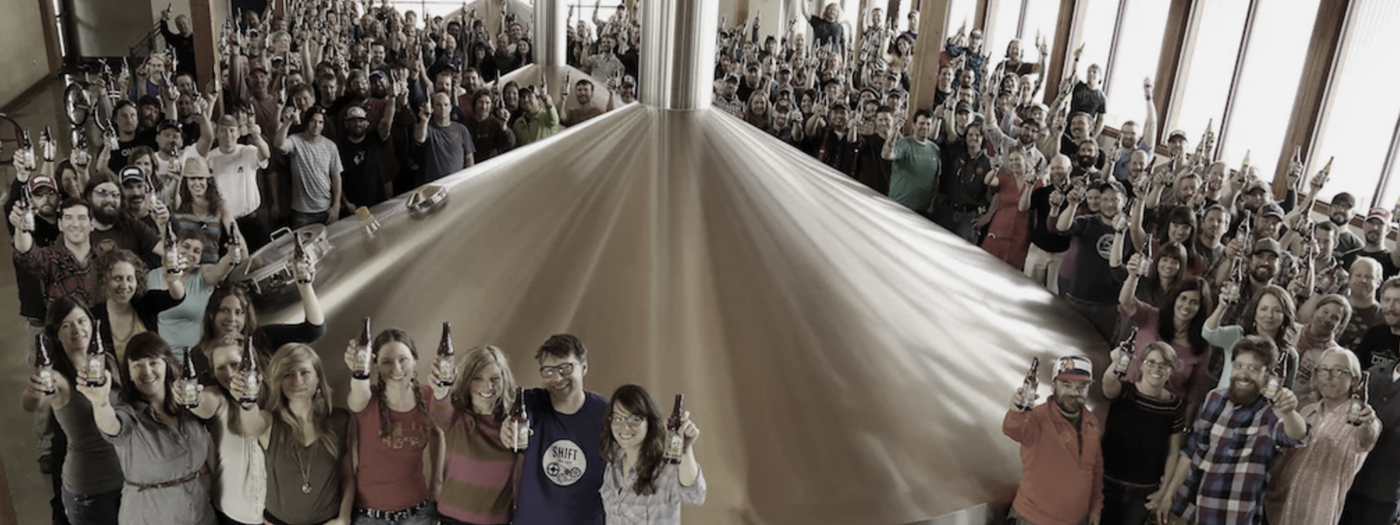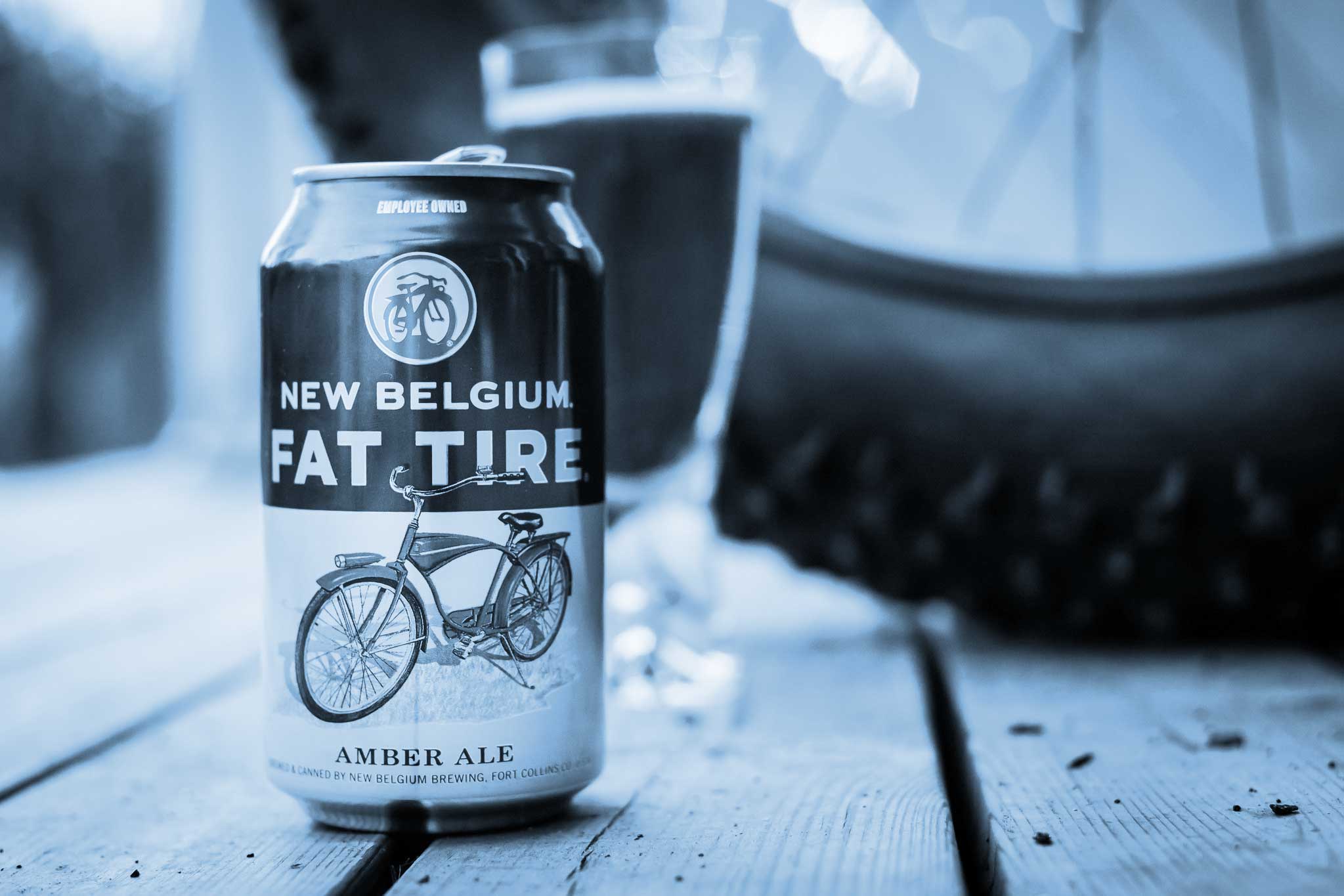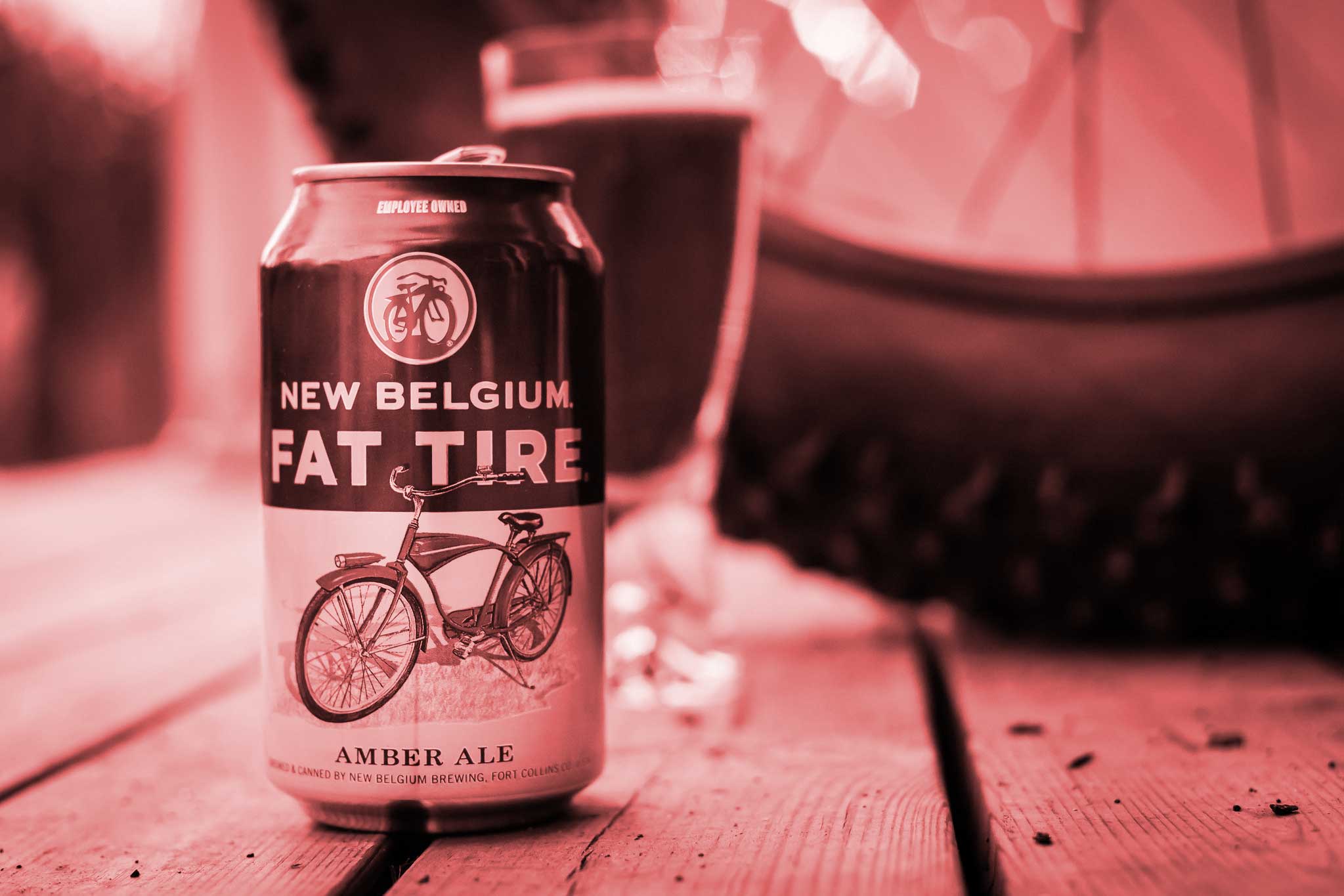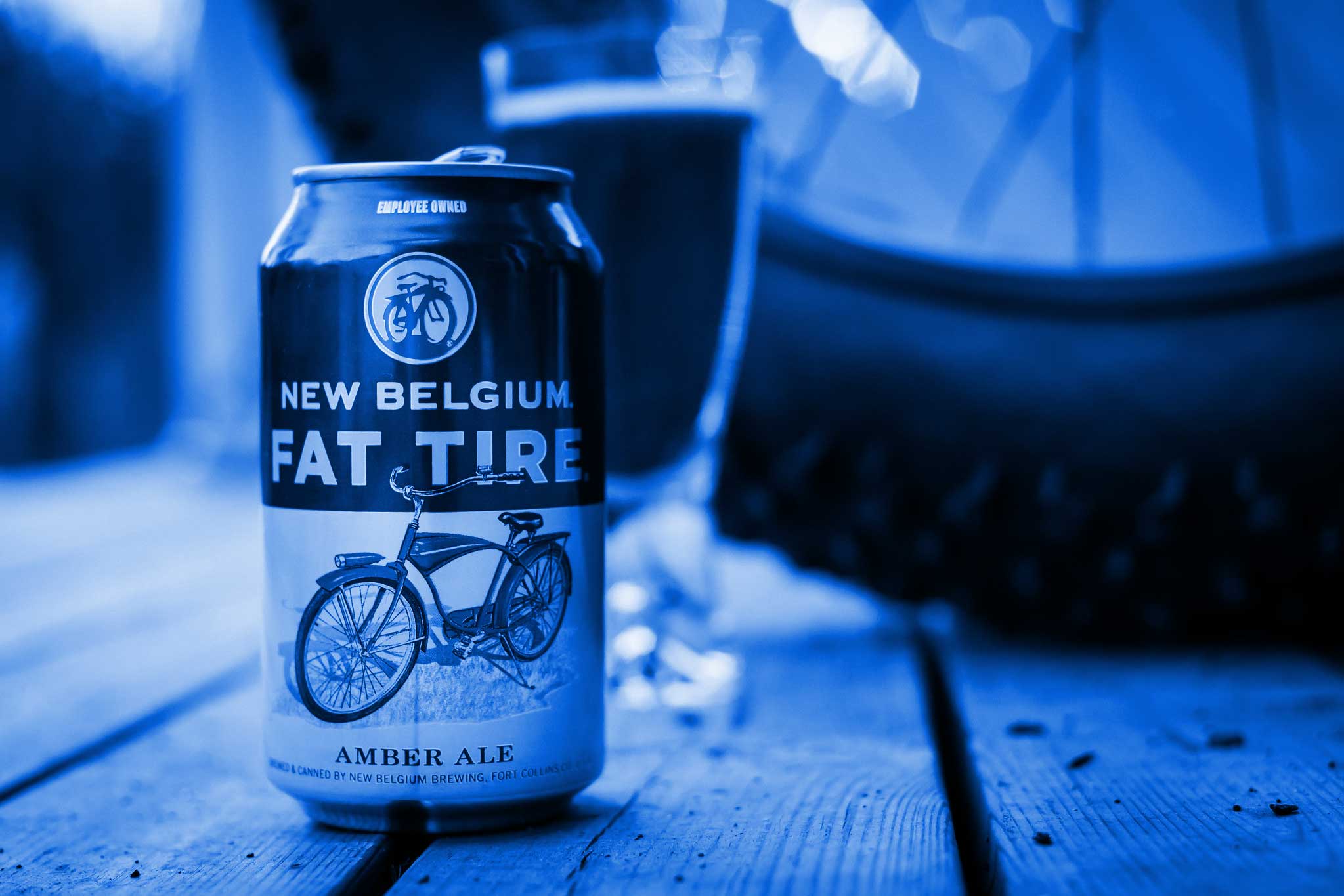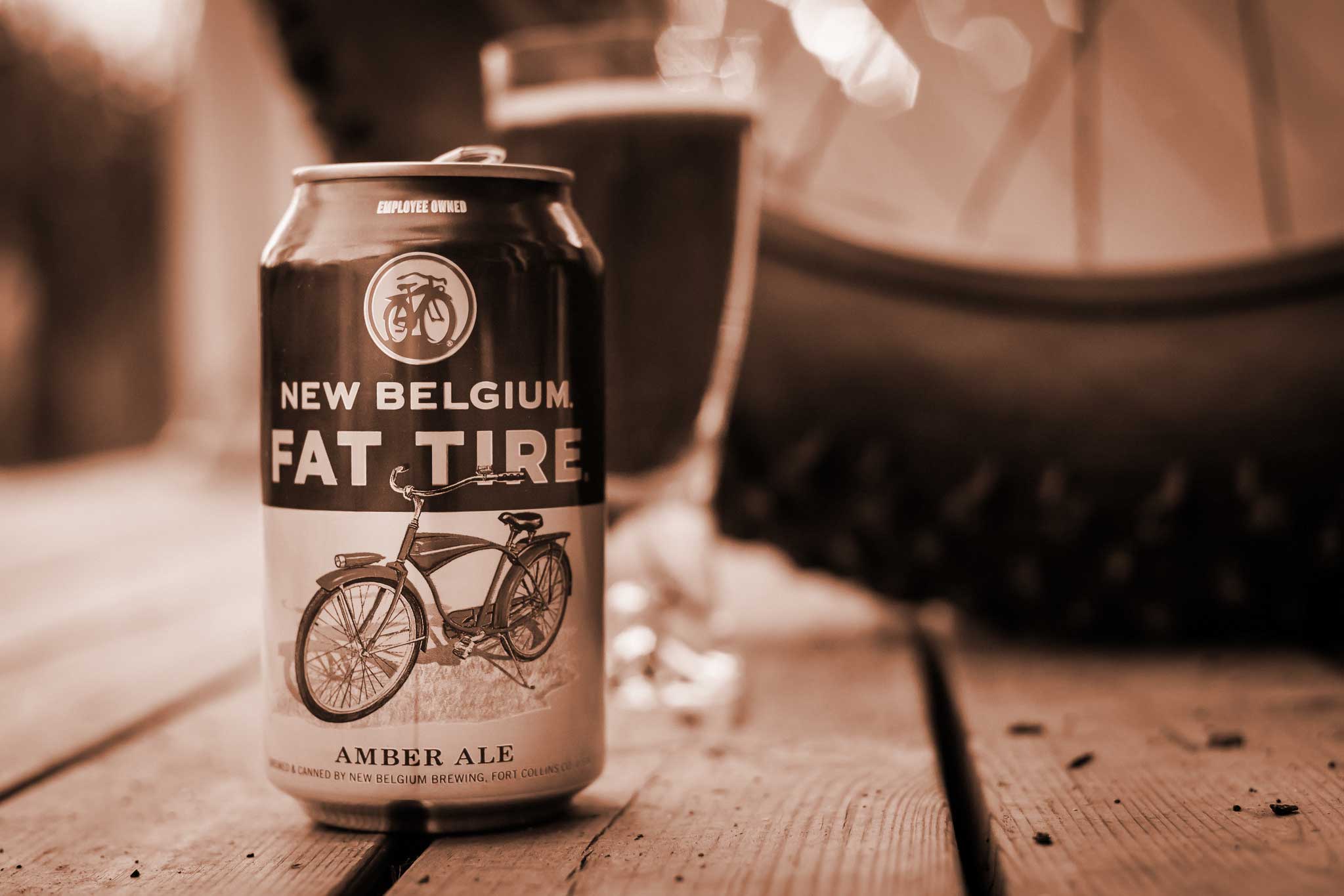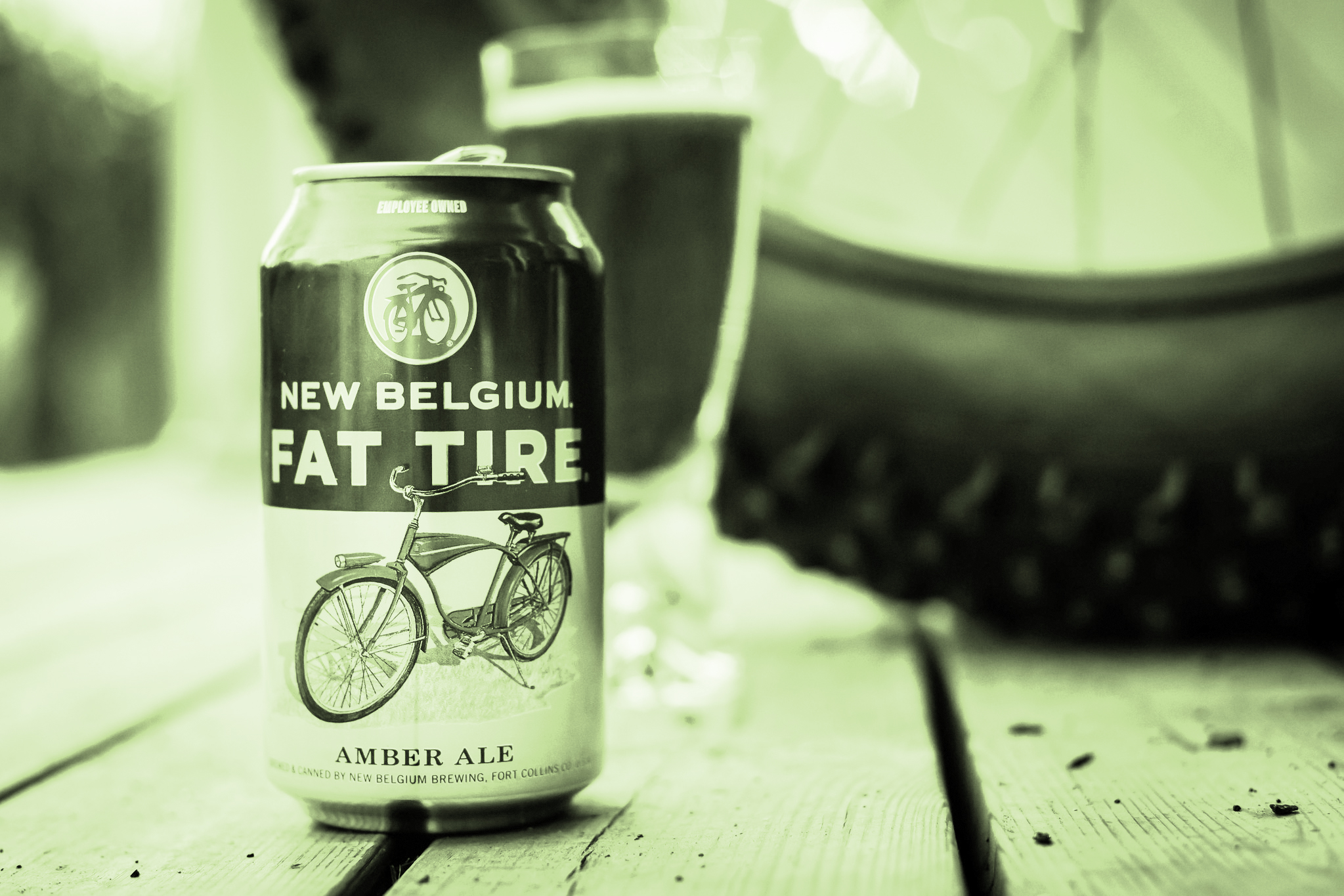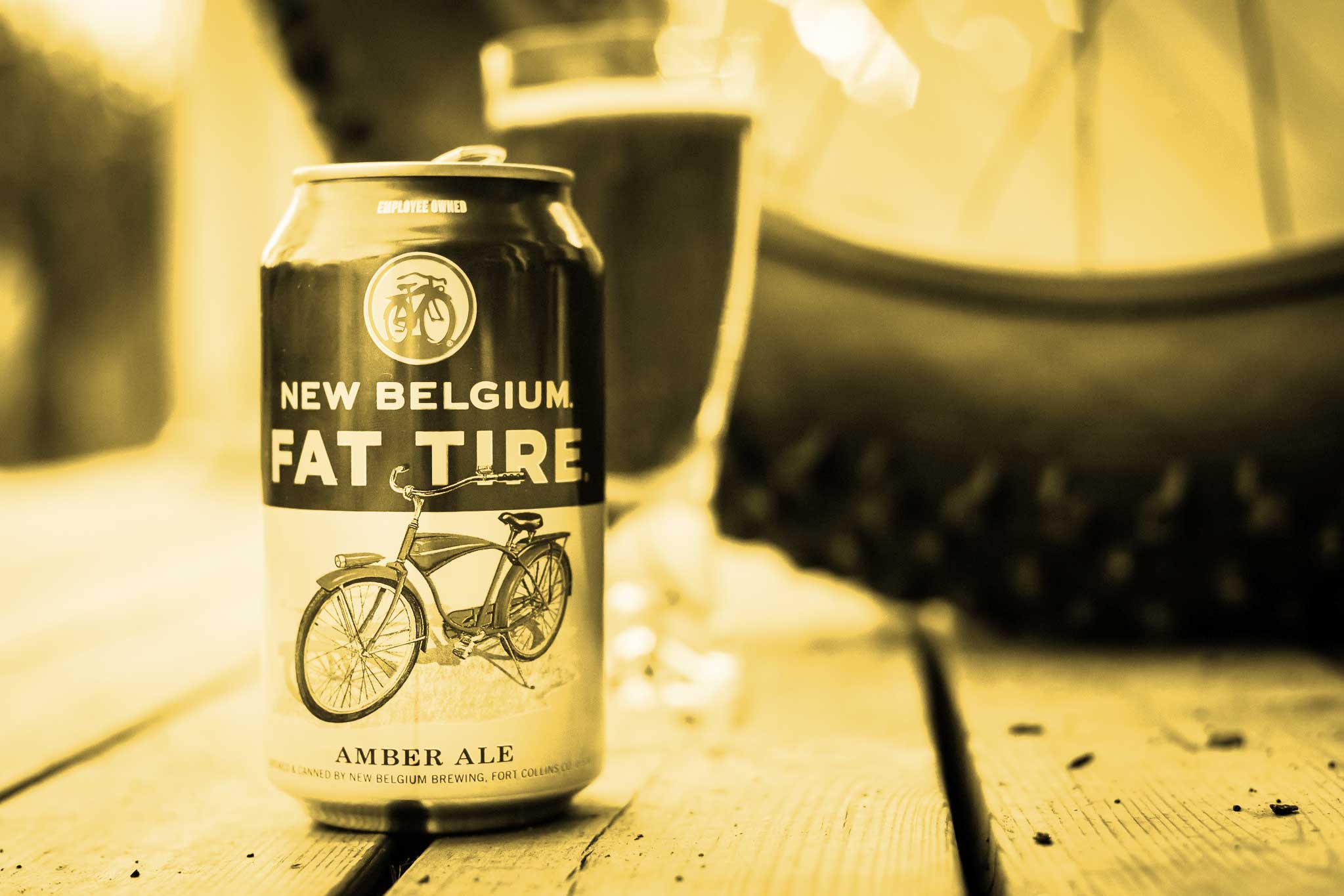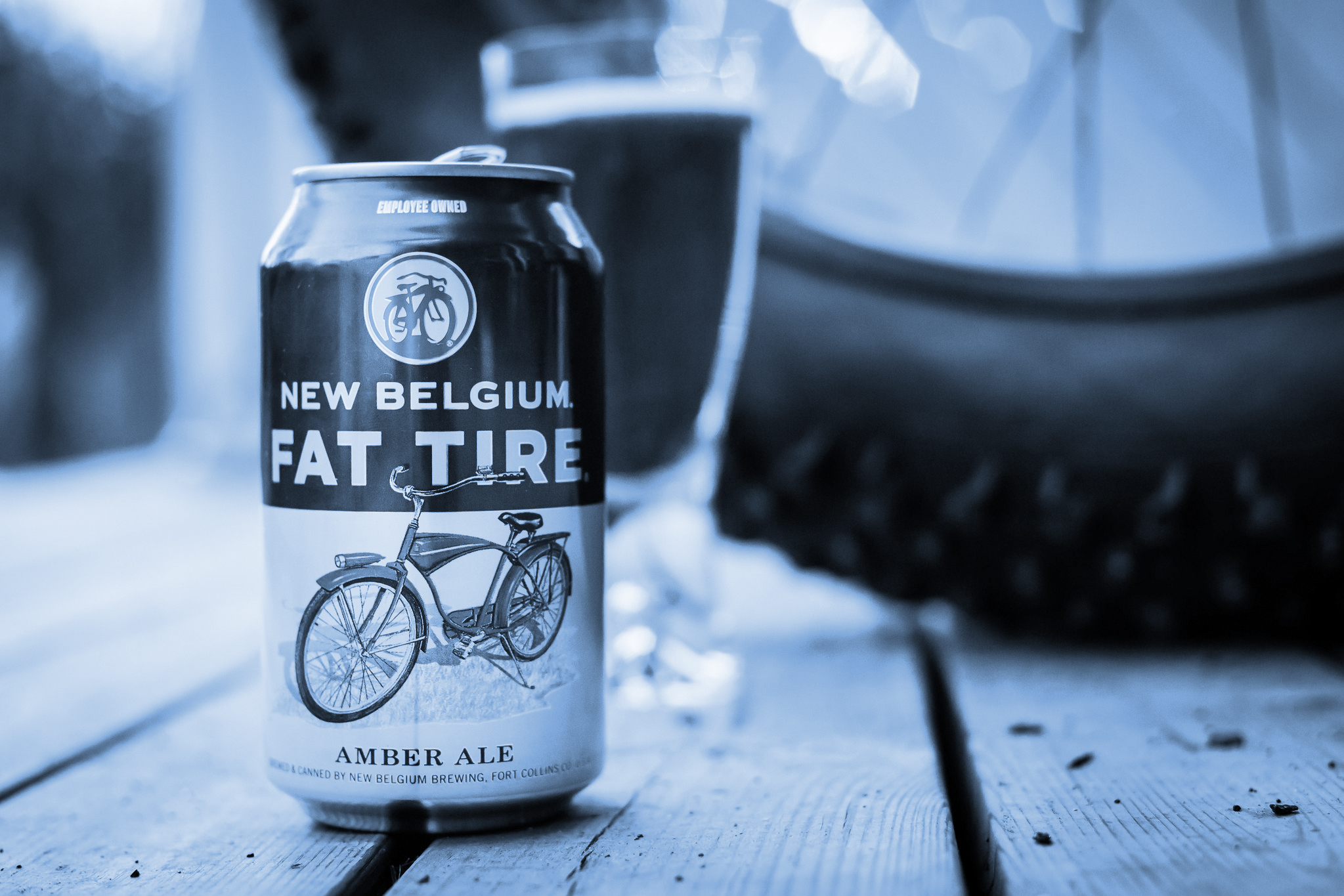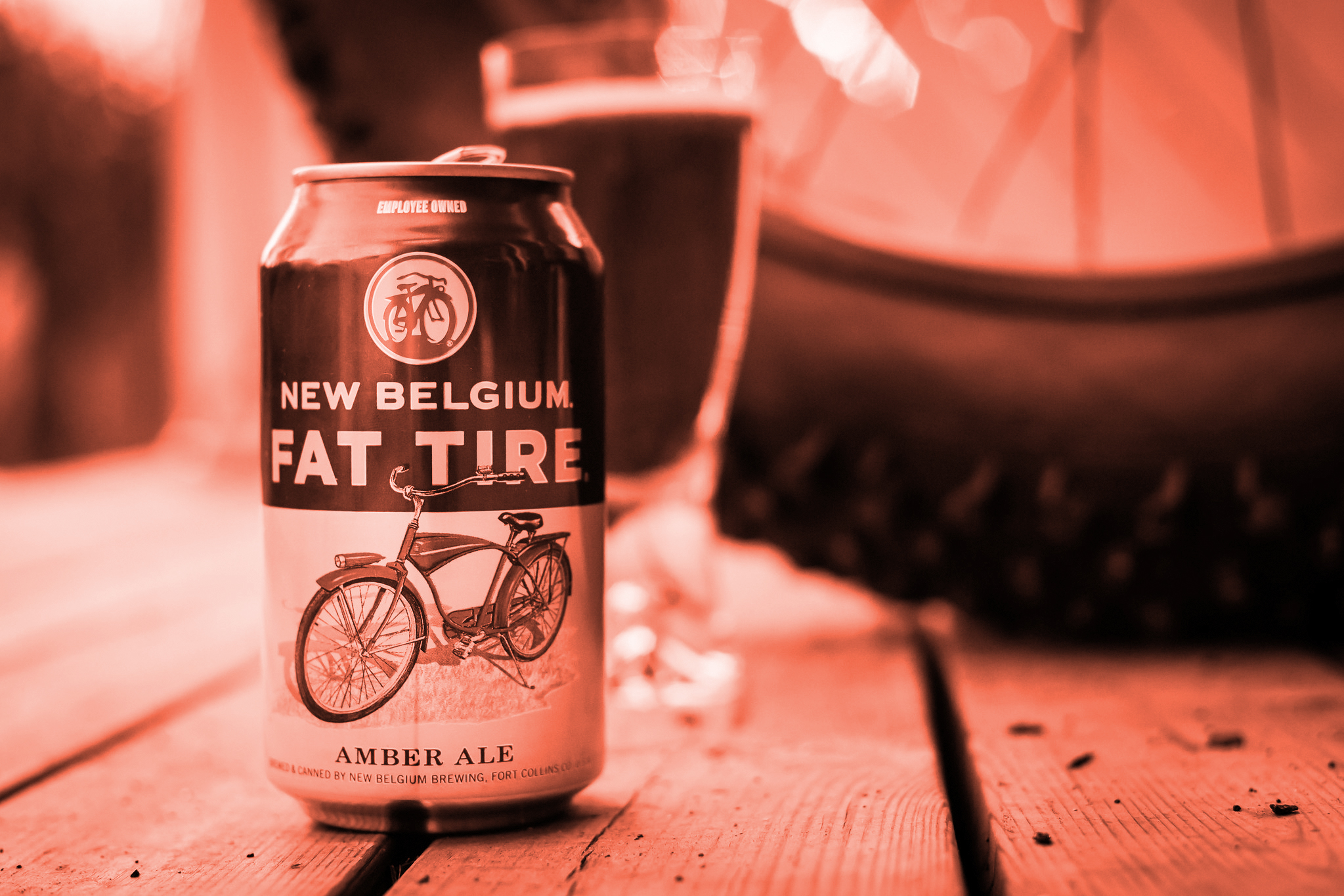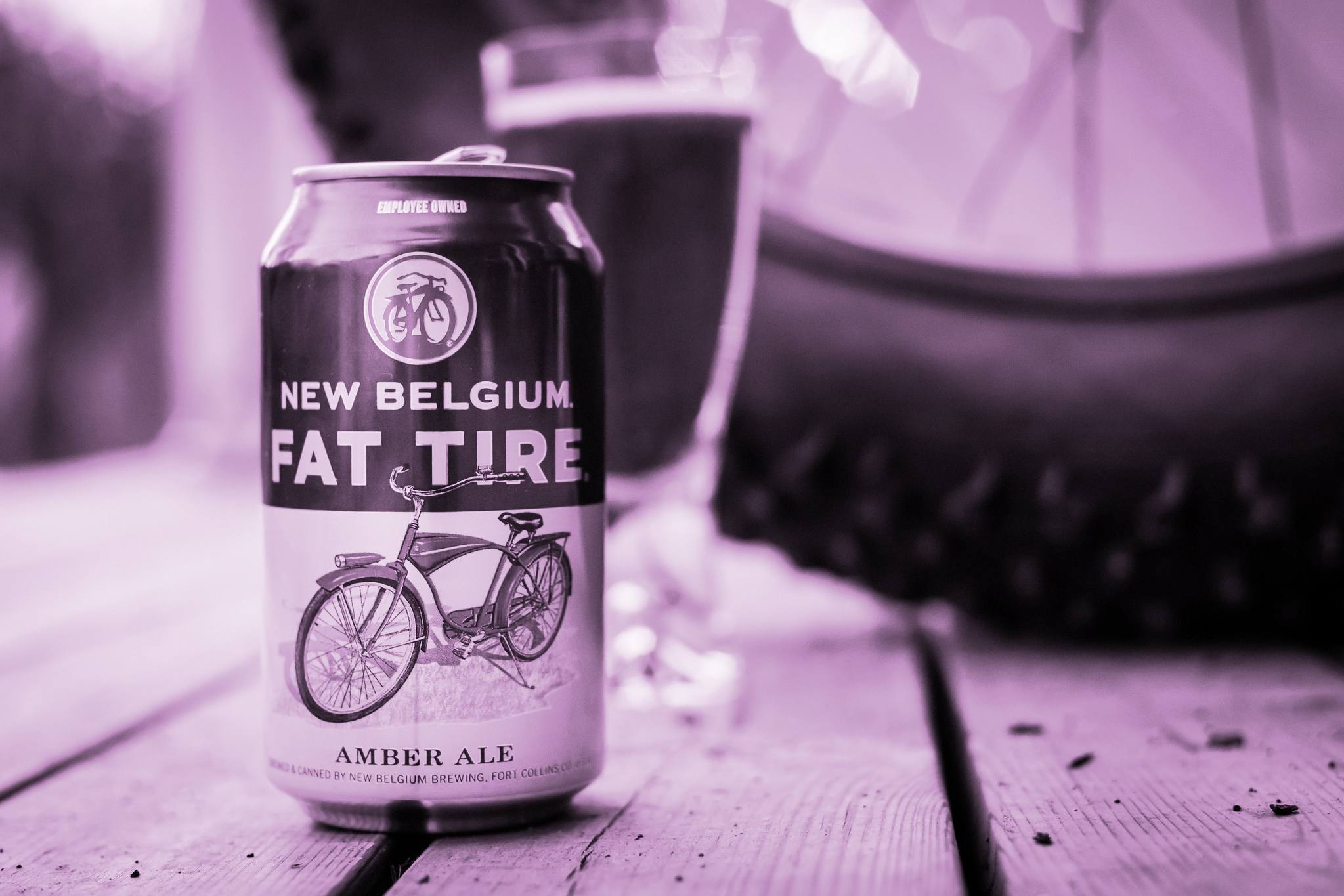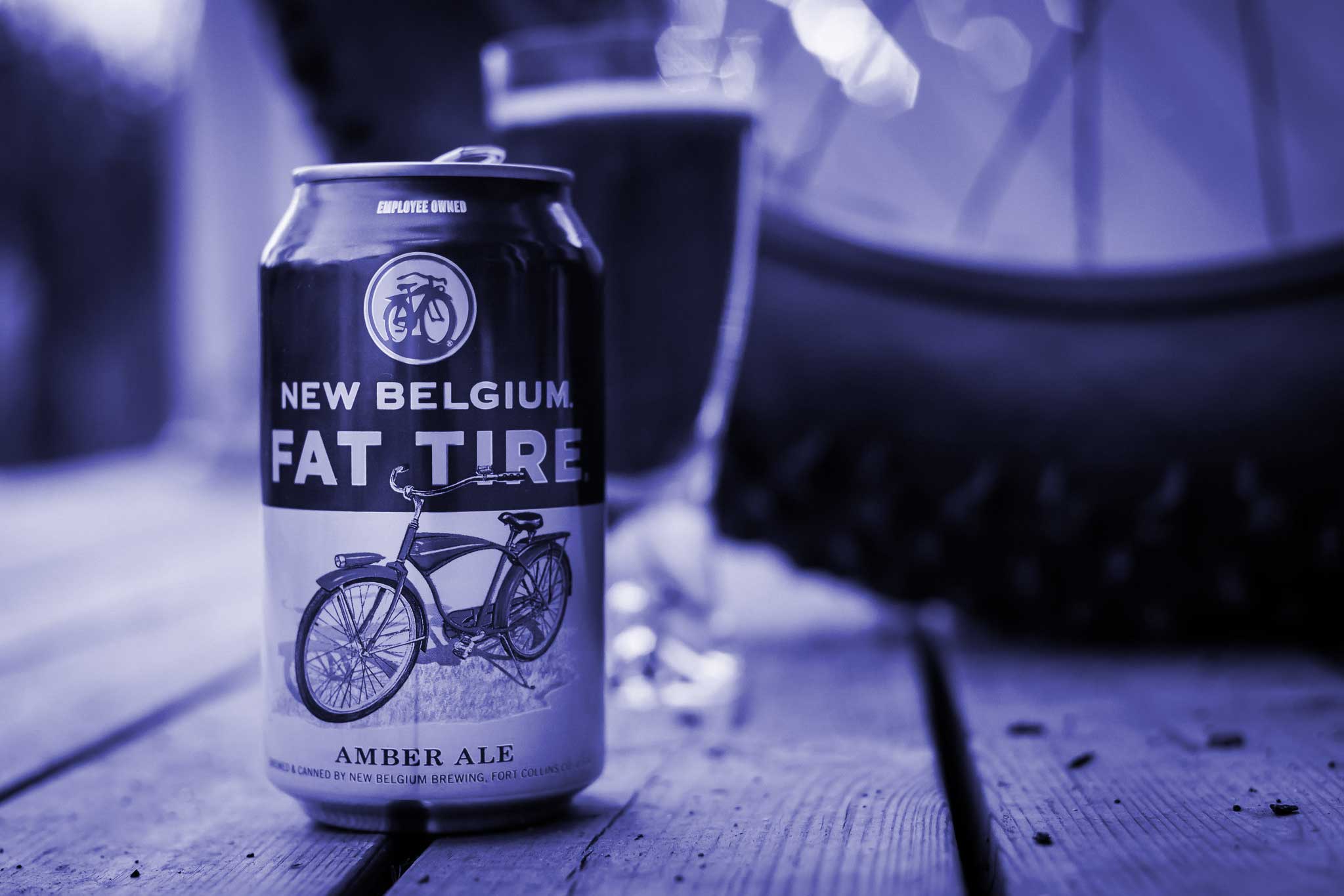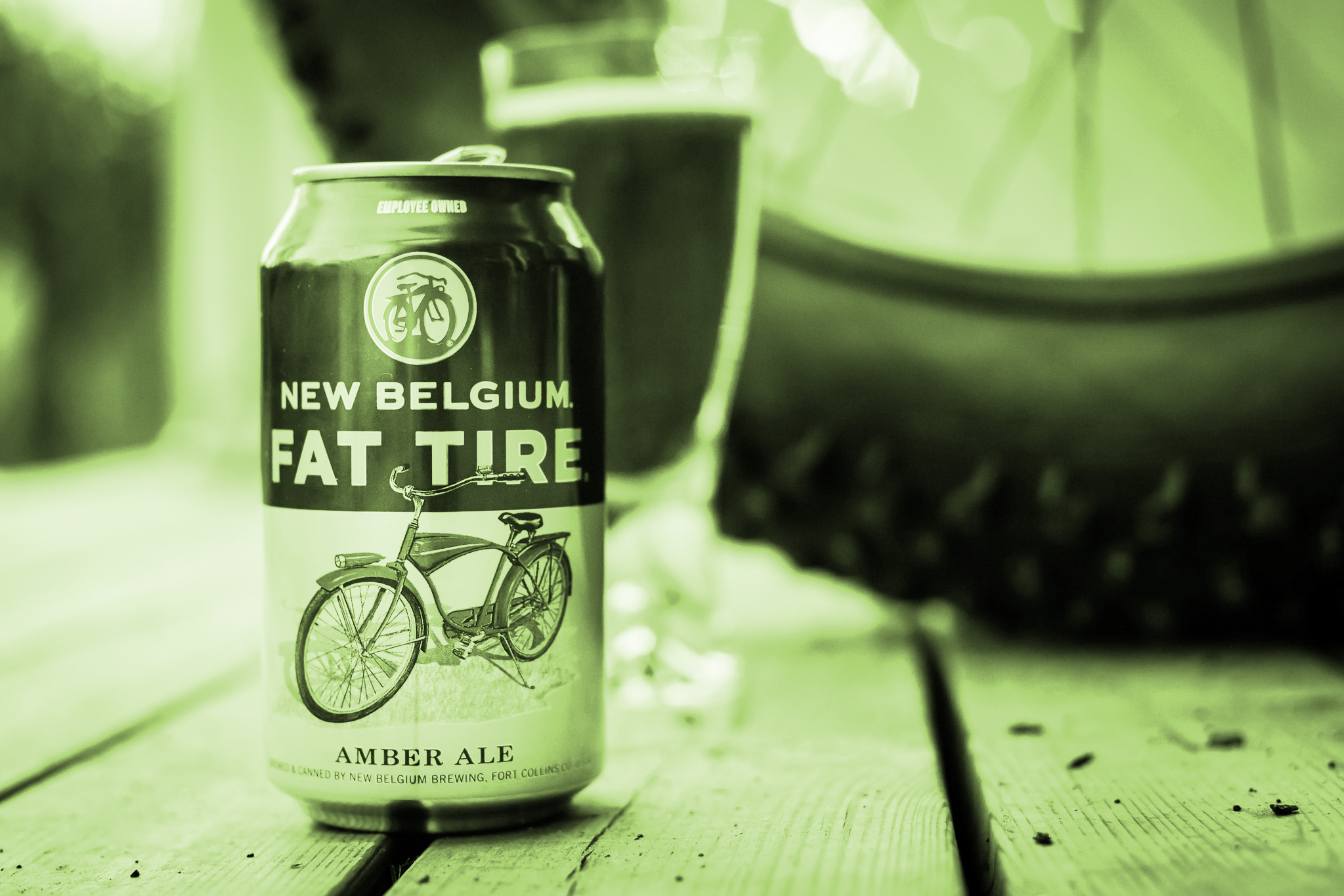It is understandable, perhaps, to view New Belgium Brewing’s sale to an international conglomerate with a gloomy view of the sustainability of Employee Stock Ownership Plans (ESOPs), particularly in the craft brewery segment. In the broader employee ownership context, the pending termination of New Belgium’s ESOP is obviously a loss for our community, but it’s hardly a failure for employee ownership and, in fact, gives us much to celebrate.
For most of this decade, New Belgium has deservedly been heralded as a shining symbol of what a 100 percent ESOP company could be and do. It is as good an example as you’ll find of a business entity striving to do the right things for the right reasons and making money in the process.
The company and its employee owners were active participants in EO/ESOP organizations, and their expertise and participation will be missed, as will the company’s financial support of EO organizations and causes. It also feels like a blow to our psyche. Many in the ESOP community felt a little bit cooler because they were part of us, and by extension, we were a part of them.
What does the sale say about ESOP sustainability and the long-term prospects for employee-owned companies? For one thing, we shouldn’t confuse ESOP sustainability with permanence. We should aspire for ESOP permanence, but not regard it as a failure when a great ESOP successfully transitions to a different structure.
New Belgium’s sustainability issues, as acknowledged in the announcement of its sale, are related to its repurchase obligations and access to capital. Would repurchase obligations, the amount due participants based on their ESOP account balances, be viewed differently if they were referred to as shareholder dividends? Access to capital is a serious issue for ESOPs, but its employee-owned cousins such as co-ops and collectives would love to have access to the capital that many ESOP companies do enjoy.
We should aspire for ESOP permanence, but not regard it as a failure when a great ESOP successfully transitions to a different structure.
Primarily focusing on the loss or difficult questions risks overlooking the amazing job New Belgium’s employee owners have accomplished in successfully growing their company. Since it became a partial ESOP in 2006 and 100 percent employee-owned in 2012, New Belgium generated $190,000,000 for its participants. That’s a lot of zeroes. That money went to current and former employee-owners who made the company what it is. Notably, more than 300 participants will have more than $100,000 in their retirement accounts when the transaction closes. All current employees will keep their jobs, management will remain in place, and New Belgium’s spirit will apparently continue. As an ESOP, this is a resounding success story!
Imagine communicating this story to brewers who might consider employee ownership. No one can promise they won’t someday sell to a larger conglomerate, but they might be able to postpone that for many years, and its employees could generate a couple of hundred million dollars for their retirement. New Belgium’s lasting legacy for employee ownership may well be the amazing story they’ve left the rest of us to tell.
Bret Keisling is the host of The ESOP Podcast. Prior to forming The Keisop Group in June 2019, he spent seven years as an ESOP trustee and 2-½ years as the CEO of a 100% ESOP company.
